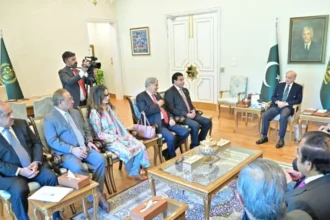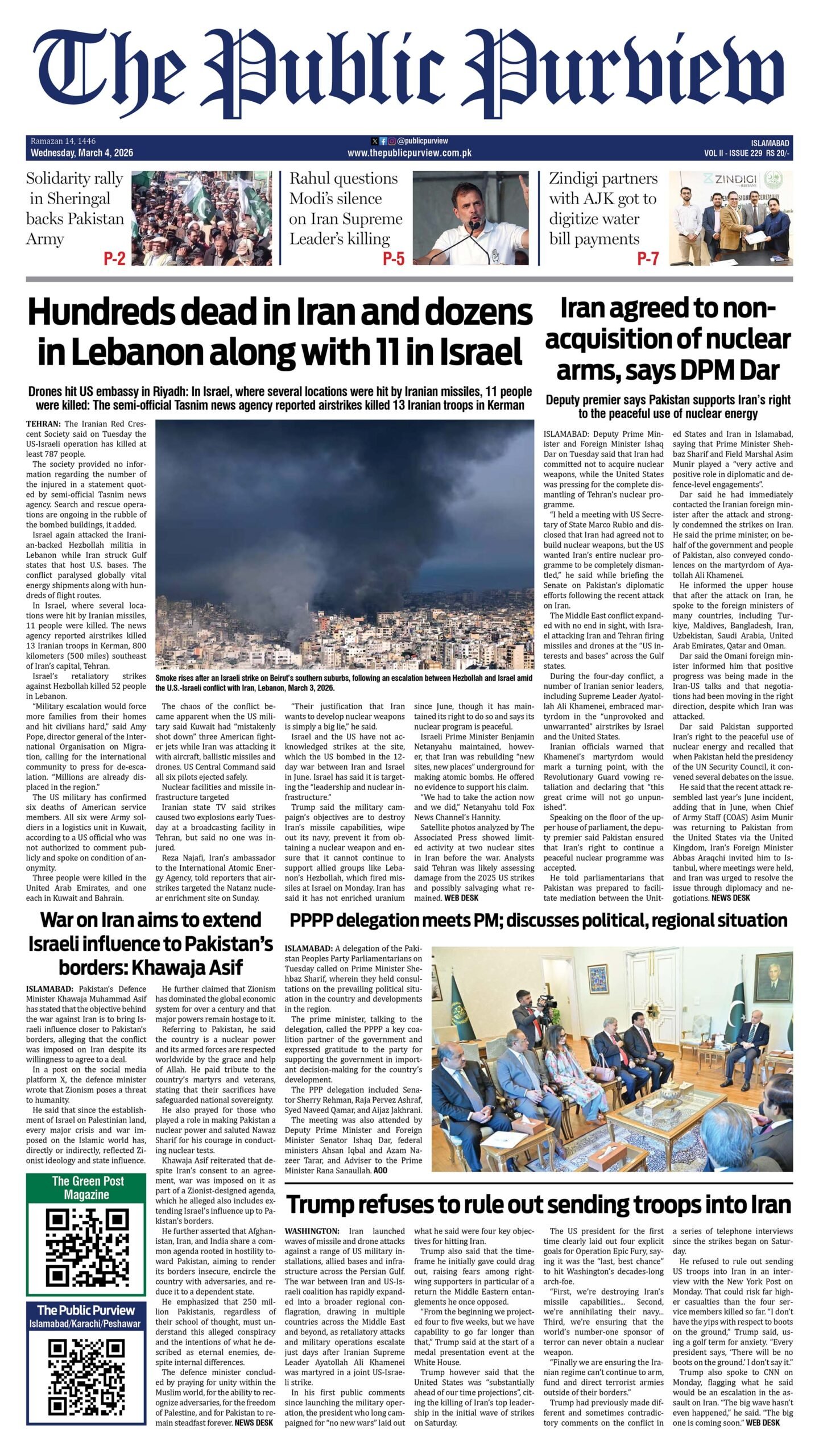In every democracy masses elects their representatives for the better citizen facilities but when these elected lawmakers like the poor province of Khyber Pakhtunkhwa starts for seeking their own privileges than its harms the trust of citizens. The readers knows that Khyber Pakhtunkhwa is a province with the population of 40.85 million that has no respectable educational and health delivery system to facilitate the people those are living below the poverty line.
According an official report more than 3.67 million children in settled areas and 1.61 million in the erstwhile FATA have not yet been enrolled in schools and more than 2.29 million girls and 1.38 million boys are out of schools in the settled area, while more than 360,000 boys and 645,000 girls in the former FATA.
While on the other hand in the worse health conditions there is only doctor for more than six thousand people, according to WHO 1:1000 doctor-patient ratios, but in comparison to available number of doctors and current population of Khyber Pakhtunkhwa, there is 1 doctor or specialist for every 6,024 people but in these circumstances the decision of the kpk government to increase the privileges of its ministers is very critical.
The opposition parties are criticizing the government for its decision and saying that amount could be used for the betterment of poor masses.
Yesterday KP, assembly passed a bill presented by Law Minister Aftab Alam Afridi to increase the privileges of provincial ministers. According to the bill, KP ministers will get Rs1 million for renovating the house provided to them by the government. The bill also allows provincial ministers to buy carpets, curtains, air conditioners and refrigerators for their houses. Moreover, if the provincial ministers live in a private house, they will get Rs 200,000 monthly rent, according to the bill.
The KP Assembly had moved the bill in October, seeking an increase in monetary benefits for cabinet members.
The amendment had drawn criticism from the opposition, which said it belied the oft-repeated claims made by Pakistan Tehreek-e-Insaf (PTI) leaders. There a question is also raised that how the government lawmakers will face their own party workers.
According to an esteemed newspaper, “Where is the PTI manifesto? asked opposition leader Dr. Ibadullah Khan, who is from the Pakistan Muslim League-Nawaz (PML-N).
Criticizing the PTI government for the bill, he advised the party legislators first to try to bring their leader Imran Khan out of jail instead of securing more perks and privileges for themselves”.
Dr Khan, who has been elected from Shangla district and is the younger brother of Federal Minister Amir Muqam, said the PTI government had contradictory policies. “The provincial government on the one hand cries over the financial crunch while on the other hand is looting the exchequer, “he said while coming down hard on the government for increasing the house rent for ministers from Rs70,000 to Rs200,000”.
Apart from the opposition criticism it should be thinkable for the political wing of the Pakistan Tehreek- e- Insaf that how, their chief minister and lawmakers are so careless to give such an open space to opposition to criticized the government policies. it should be aslo asked from the provincial cabinet by party chairman that how government can take such criticsizeng steps.
It should be remembered that in very speech Chief Minister KPK, says that government is making decision for the betterment of the poor province but the actual situation is not looking like that because the above decision is 180 degree opposite from the manifesto of the “Sehat ka insaf”( justice of health) and education emergency .
The masses remember that is the third term of the PTI led government, so they are expecting more good projects like bus rapid transport Peshawar but how could it be possible if the expenses of the ministers are raising day bay day.
In that situations in which the government needs more funds for its annual development programs but its minister are busy in getting their privileges?







 Today's E-Paper
Today's E-Paper